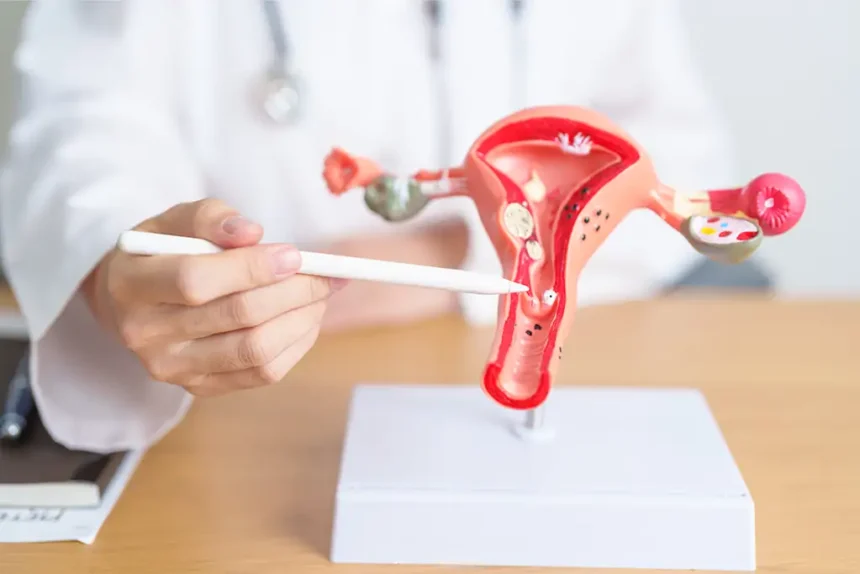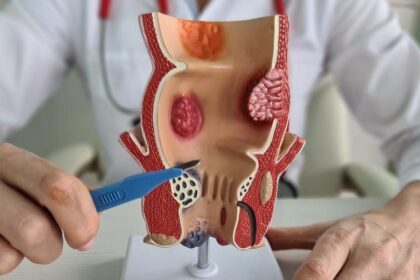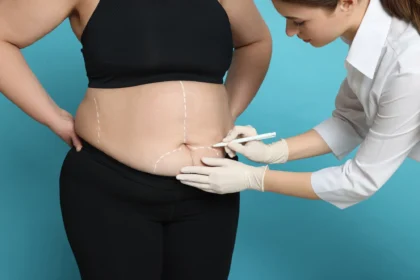For women experiencing challenges related to ovarian reserve, finding a path toward parenthood can feel daunting. When ovarian reserves are limited, conceiving naturally may become more difficult. In vitro fertilization (IVF) offers a powerful option for women facing these challenges, providing hope and possibilities where other methods may fall short. Here’s a closer look at ovarian reserve, IVF options, and ways to manage the associated emotional stress.
Understanding Ovarian Reserve
Ovarian reserve, referring to the quantity and quality of a woman’s eggs, is a key factor in fertility. Egg count naturally declines with age, particularly in the 30s and 40s, and is typically depleted by menopause. Medical conditions like endometriosis, early menopause, or treatments such as chemotherapy can also impact ovarian reserve. Fertility specialists assess fertility using hormone tests, such as AMH and FSH, along with ultrasound scans for antral follicle count. These evaluations help guide treatment plans, especially for women with diminished reserves, where time becomes a factor.
Exploring IVF Options
IVF remains one of the most reliable and effective fertility treatments for women with ovarian reserve challenges. Here are key ways it can help:
- Controlled Ovarian Stimulation: IVF allows specialists to stimulate the ovaries with medication to produce multiple eggs during a single cycle. This approach can maximize the likelihood of retrieving viable eggs, even when overall reserves are low.
- Egg or Embryo Freezing: For women not ready to pursue pregnancy immediately, egg or embryo freezing offers a way to preserve fertility options for the future. By retrieving and freezing eggs at an earlier stage, women can potentially pause the effects of declining ovarian reserve.
- Using Donor Eggs: For cases where ovarian reserve is low, donor eggs can provide a path to parenthood. Fertilized with either partner’s or donor sperm, these eggs are then transferred to the uterus as part of the IVF process.
- Personalized Treatment Protocols: IVF specialists tailor treatment plans to maximize success for each patient. This customization often includes selecting specific medications, dosages, and timing strategies to accommodate unique fertility challenges.
By offering these diverse options, the IVF process adapts to an individual’s circumstances, providing a structured and often hopeful pathway for those navigating ovarian reserve issues.
Managing Emotional Stress
Experiencing struggles with conception can take a toll on mental and emotional well-being. For women facing ovarian reserve challenges, the emotional experience can feel even more isolating. It’s helpful to recognize and address these stressors early, as they can have a direct impact on both mental health and quality of life.
Building a reliable support system is also helpful. This can include trusted friends and family, professional counselors, and even support groups tailored to fertility journeys. Many find that connecting with others who have experienced similar challenges can help ease feelings of isolation and provide valuable perspective. Practices such as mindfulness, yoga, or journaling can create small yet meaningful moments of calm amidst a stressful process. Making sure self-care remains a priority can make the path through IVF a more grounded and manageable experience.
Explore Your Options With IVF
For women with ovarian reserve issues, IVF serves as a lifeline by offering scientifically advanced solutions tailored to individual fertility needs. Whether through controlled ovarian stimulation, egg freezing, or donor options, IVF opens doors that might otherwise stay closed. Emotional resilience is equally beneficial, and addressing stress with the right support can help complete the picture of a successful and fulfilling fertility journey. If ovarian reserve challenges affect you, explore how IVF can help you take a confident step toward parenthood.









